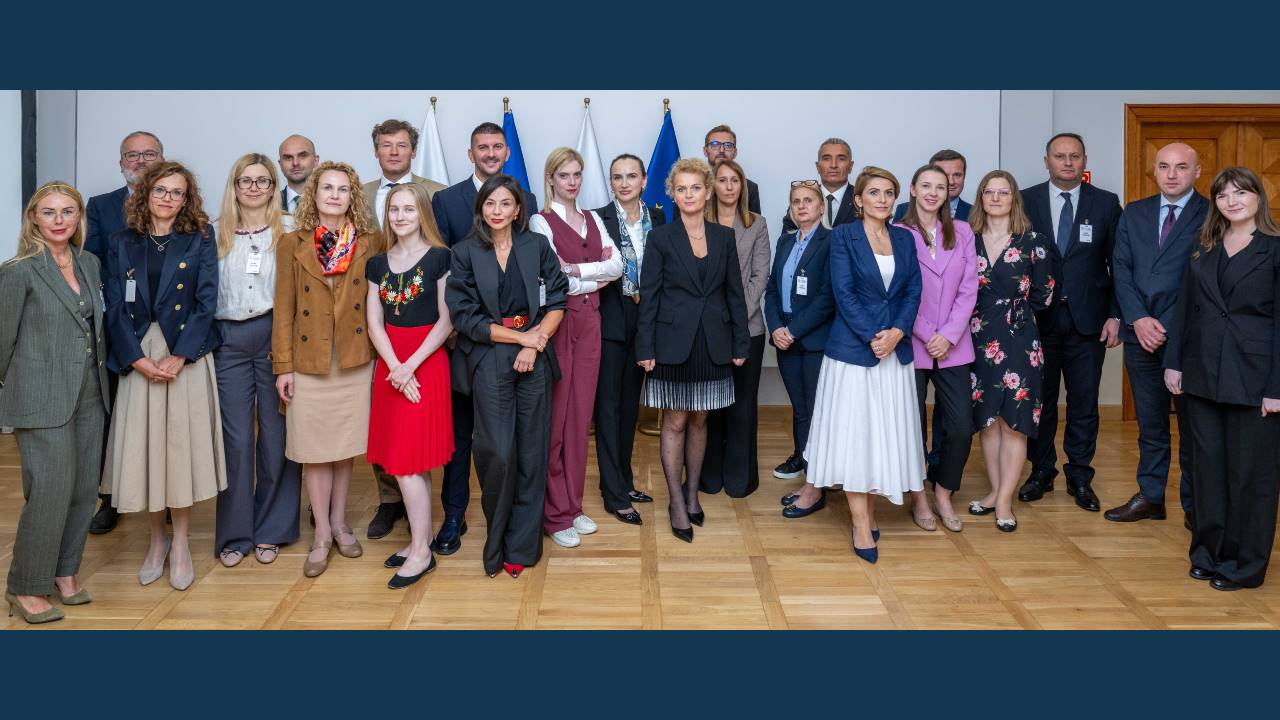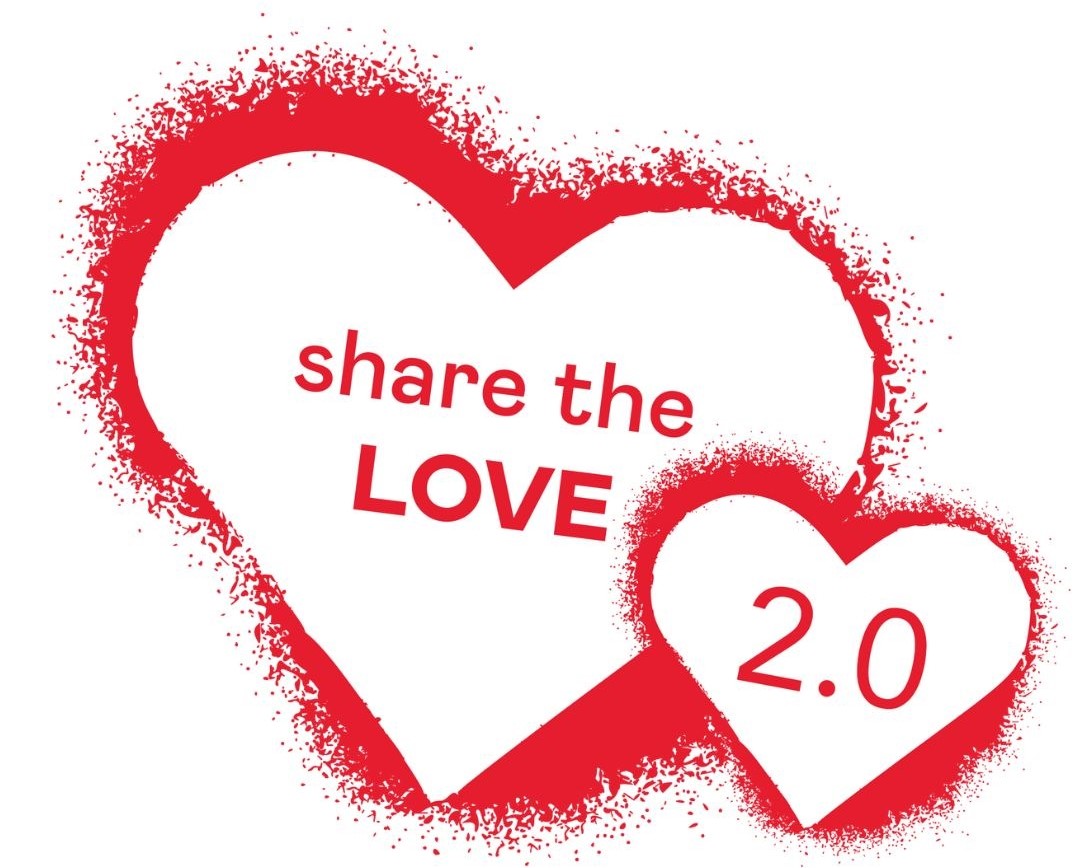Strategic Lawsuits Against Public Participation (SLAPPs) pose a growing threat to media freedom and public participation across Europe. They are filed to intimidate, silence, or drain the resources of journalists, media workers, and activists who expose wrongdoing.
To strengthen members responses to this challenge, a peer-to-peer exchange, supported by the EU and Council of Europe, took place in Warsaw with the participation of delegations from Kosovo*, Montenegro, Poland, and Ukraine. Hosted by the Ministry of Justice of Poland, the exchange provided participants with the opportunity to learn from Poland’s best practices and each other’s experience in implementing European anti-SLAPP standards.
Delegations consisted of judges, lawyers, representatives of judicial academies and officials from ministries of justice and culture who examined and discussed practical aspects of implementing the Council of Europe Recommendation on countering the use of SLAPPs (CM/Rec(2024)2) and the Directive (EU) 2024/1069 of the European Parliament and of the Council on protecting persons who engage in public participation from manifestly unfounded or abusive court proceedings (SLAPPs).
Key issues discussed included early dismissal legal procedures, allocation of costs[BB2] , burden of proof, and compensation for damages. Discussions also addressed judicial reforms impacting freedom of expression, with exchanges on judicial mapping, restructuring of judicial institutions, and the effectiveness of specialised courts.
The programme featured a presentation of the Council of Europe’s training programme on SLAPPs designed for judges, prosecutors, lawyers, and journalists. Participants also visited Gazeta Wyborcza – a major Polish media outlet - to discuss the real-world impact of abusive lawsuits on journalists; and the Ombudsperson’s Office, to exchange on reforms and safeguards for media freedom.
This activity builds on earlier exchanges organised in the framework of the Horizontal Facility programme in 2025, notably between Kosovo and Montenegro, and is part of ongoing efforts to strengthen the protection of freedom of expression and media freedom in line with European standards.
This peer-exchange was organised within the framework of the actions “Protecting freedom of expression and of the media in Montenegro (PROFREX)”; “Protecting freedom of expression and of the media (PROFREX)”, Safeguarding Freedom of Expression and Freedom of the Media in Ukraine – Phase II” (SFEM-UA–Phase II). These initiatives are implemented by the Division for Cooperation on Freedom of Expression of the Council of Europe. PROFREX actions are part of the joint European Union and the Council of Europe programme “Horizontal Facility for the Western Balkans and Türkiye” while the project in Ukraine is implemented within the framework the Council of Europe Action Plan for Ukraine “Resilience, Recovery and Reconstruction” 2023-2026
* This designation is without prejudice to positions on status and is in line with UNSC 1244 and the ICJ Opinion on the Kosovo Declaration of Independence.



